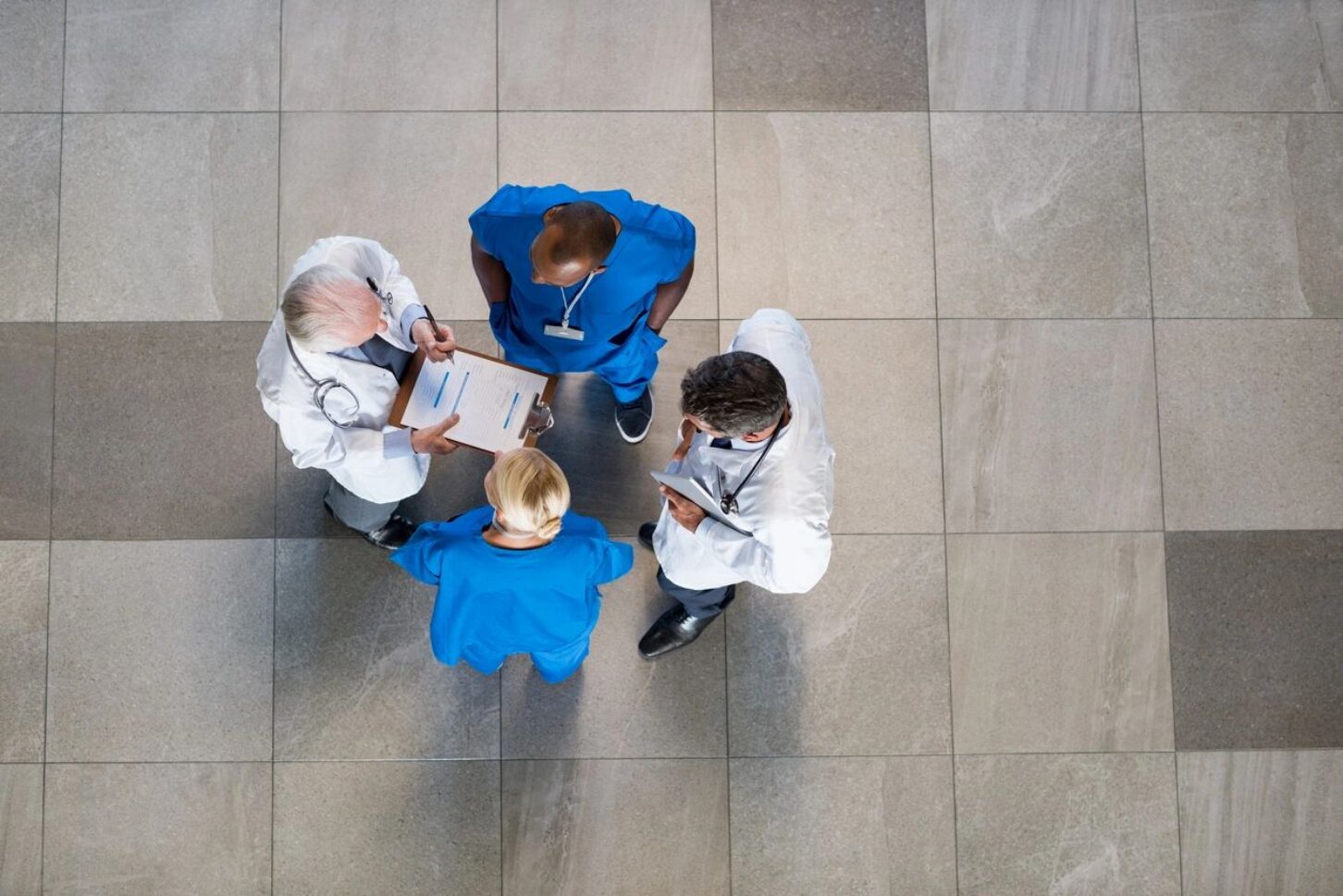
Medical Monday: A weekly post of healthcare- and technology-related policy news, views and commentaries.
The holiday season is upon us. It’s true that “Seasonal Affective Disorder” – appropriately, SAD – may have been somewhat debunked, but the fact is that depression and sadness will be especially widespread over Christmas as COVID-19 surges anew. Nursing home residents and rehab center patients must endure the holidays without family visits, in most cases, as must many hospital patients. Stressed-out medical professionals will be overwhelmed by patients and, perhaps, short on patience, short on down time and concerned about their family’s wellbeing. And across the nation, older relatives will avoid gatherings to avoid the risk of infection.
If you’re sad and mourning the loss of someone near and dear, ask yourself what they would want you to do. I hope it would be to remember them with love and fondness, and celebrate the life they lived.
A question many ask: Is it safe to visit friends or family over the holidays if I’m tested right before I see them? The answer is that it’s still risky, and you have to weigh the odds. You can have the virus and not test positive. And you can be positive for COVID-19 the very day after you’re tested.
That said, what can you do to help during the holidays?
- Social media apps – Facetime, Zoom, Skype and WhatsApp – will be somewhat helpful in sharing holiday moments. Of course, don’t depress lonely relatives even further by spreading sadness.
- Give a lonely relative the gift of technology. Consider a Roku for TV options, a Kindle or other simple tablet for reading purposes.
- Show your gratitude to your relatives’ favorite caregiver(s) if you can – a gift card, perhaps?
- Donate to a hospital, a food bank or a local ministry. Toys for Tots and other drives will help. Ask what they need, don’t foist your expiring cans of food on them.
- Offer your services as a volunteer at your local assisted living center.
- Volunteer at local agencies: “When you are a Meals on Wheels volunteer, you are delivering more than a nutritious meal – you are delivering wellness checks and caring contact. For many of our homebound seniors, you will be the only person they see or talk to all day,” according to Meals on Wheels.
- Contact the Georgia Council on Aging about where you could offer assistance.
Why volunteer? According to the Mayo Clinic, volunteering has health benefits. First among them: Volunteering decreases the risk of depression!
Appointments: As Joe Biden prepares to take office as president, he’s naming names. Dr. Anthony Fauci said he has accepted Biden’s offer to continue as chief medical adviser and director of the National Institute of Allergy and Infectious Diseases. Meanwhile, The Washington Post reports Dr. Vivek Murthy will be Biden’s U.S. surgeon general. Murthy held the same position in the Obama administration.
Taking up the slack: With fears over COVID-19 leading parents to avoid the doctor’s office like the plague, so to speak, many children are falling behind on the schedule of routine vaccinations. Telehealth, while it covers much of the healthcare needs, still can’t provide a vaccination. Kaiser Health News reports federal officials are working to train pharmacists to provide immunizations for children ages 3 and up. In August, the Department of Health and Human Services took steps to override restrictions in many states that kept state-licensed pharmacists from immunizing children. Many pharmacists already provide influenza, shingles and pneumonia vaccinations, so this makes sense.
Notable Quote
“Not only do regulatory burdens affect how we can care for patients, but we are also struggling ourselves. Recent data found that nearly 1 in 4 physicians (22%) know a physician who committed suicide, and 58% express feelings of burnout. In addition, 13% of physicians have sought medical attention for mental health problems because of COVID-19’s impact on their practice or employment situation. Physician wellbeing was a public health crisis long before COVID-19. Now, we see the pandemic exacerbate this issue. Physician burnout rates were at an all-time high prior to the pandemic and have increased significantly over the past eight months.” – Ripley Hollister, MD.
Compiled by Benita M. Dodd, vice president of the Georgia Public Policy Foundation.